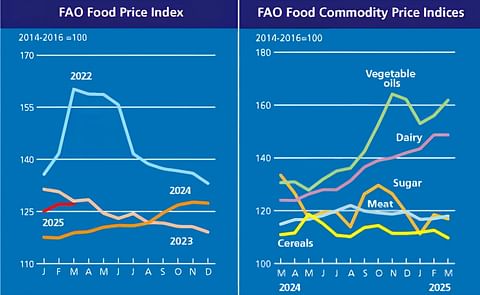Children are far more likely to pick a healthier fast-food meal when promotional toys are offered only with those menu options and not with less nutritional fare like burgers, fries and a pop, according to a Canadian study.
The researchers set out to see which McDonald’s Happy Meals that kids age six to 12 would choose when toys were included with healthier menu combinations, but not with standard offerings that are typically higher in fat and salt.
The researchers found the children were three times more likely to opt for a healthier Happy Meal containing apple slices with caramel sauce and water instead of fries and pop when a toy came only with the more nutritional boxed meals.
The researchers set out to see which McDonald’s Happy Meals that kids age six to 12 would choose when toys were included with healthier menu combinations, but not with standard offerings that are typically higher in fat and salt.
The researchers found the children were three times more likely to opt for a healthier Happy Meal containing apple slices with caramel sauce and water instead of fries and pop when a toy came only with the more nutritional boxed meals.










